New context and multidimensional impact on political theory science journal
The digital age is marked by the simultaneous development and interconnectedness of new technologies, such as artificial intelligence , big data , the internet of things , and cloud computing . In the media sector, these technologies are fundamentally changing the way information is produced, transmitted, and received. AI is now not only a supporting tool, but can also participate in the process of content creation, analyze reader data, automate the publishing process, and personalize the reading experience.
Meanwhile, social media, digital platforms and smart search engines have created a decentralized, non-traditional information ecosystem. Readers have the right to actively select, verify, share and criticize information. This has opened up opportunities for broader access for political theory journals, while also posing challenges in terms of information competition, loss of control over content and the risk of spreading reactionary arguments and distorting the Party's policies and guidelines.
In practice, many political theory journals are still operating according to the traditional model: publishing printed editions periodically, with content mainly consisting of in-depth, academic research articles with long lengths. This makes it difficult for publications to reach the general readership, especially the younger generation. On the other hand, the application of new technology is still limited, there is a lack of specialized teams in digitization, digital communications, and investment in technical infrastructure.
Slow adaptation can lead to negative consequences: Political theory journals become outdated and lag behind the flow of information; reducing their role in leading ideology and influencing political and social life. Especially, in the context of hostile forces increasingly exploiting cyberspace to propagate false and reactionary arguments, if political theory journals do not "occupy the digital battlefield" and do not innovate their communication methods, they will reduce their position on the ideological front.
The new context requires that political theory science journals cannot continue to operate in the old way. Grasping technology, grasping the tastes of modern readers and proactively adapting to the digital age are vital requirements for journals to truly be the ideological “spearhead” of the Party in the new era.
General Secretary To Lam and other Party and State leaders and delegates visited the exhibition of photos, documents and historical artifacts on the 100-year tradition of Vietnam Revolutionary Press Day; achievements in press development trends in the new era; and displays of modern press and media equipment and technology applications_Photo: nhandan.vn
Journal of political theory science - new tasks, roles and responsibilities
In the Party's press and publishing system, the political theory science journal has the specialized function of researching, criticizing and disseminating political theory viewpoints, contributing to protecting and developing the ideological foundation of the Communist Party of Vietnam. The late General Secretary Nguyen Phu Trong emphasized: "The press is a sharp ideological weapon, the voice of the Party, the State and the people. The press must take the lead in ideological and theoretical work, protecting the Party's ideological foundation, and fighting against erroneous and hostile viewpoints" (1) . This is not only a traditional mission but also a historical responsibility, especially in the context of the digital age and the rise of non-traditional "ideological distribution centers" that are creating great challenges for the ideological and theoretical work of our Party. The Party has affirmed the mission of the press: "Strongly develop the press and publishing in a modern, professional, and humane direction, focusing on political tasks, serving the people, and taking social effectiveness as a measure" (2) .
Therefore, political theory journals need to maintain three core requirements: theoretical , scientific and combative . First of all, the content of the articles must be based on Marxism-Leninism and Ho Chi Minh Thought, combining theory and practice, science and modernity. At the same time, the theoretical content must be deeply critical, capable of clarifying current domestic and international issues from the Party's scientific and political perspective, thereby contributing to providing a basis for planning and implementing correct guidelines and policies.
In the digital age, a political theory science journal is not only an academic information channel but also an important element in the Party's "ideological media battlefield" in cyberspace. The journal's combativeness must be demonstrated through its ability to quickly detect, analyze, refute and neutralize erroneous and hostile viewpoints, especially "peaceful evolution" tactics disguised as academics, research and social criticism.
To fulfill its new role and tasks, political theory journals need to proactively lead, orientate thoughts, and develop theories. Political theory journals need to be the place to initiate new arguments that contribute to the development of the Party's political theory; be an academic space to orient cadres, party members, and scholars in the process of perceiving and implementing political tasks; and be a tool to convey the Party's guidelines and policies accurately, deeply, and with widespread influence.
One of the urgent tasks is to strongly connect theory and practice. Articles need to be closely linked to the country's "hot" issues, reflecting promptly and orientedly on current political - social - economic events. This not only helps theory become lively and vibrant but also increases its appeal and persuasiveness to readers.
In particular, building a team of collaborators and authors who are young researchers, practical cadres, and party members working in new fields (digital economy, innovation , artificial intelligence, digital transformation, etc.) will contribute to diversifying and modernizing political theory content. It is necessary to shift from "writing for researchers" to "writing for party members and all walks of life" by ensuring scientific, concise, accessible, attractive, and appropriate content in the modern media context.
In the new era, political theory journals not only perform the task of academic research, but also act as “beacons of ideological guidance” and “extended arms” of propaganda and ideology work in cyberspace. Correctly defining new roles and responsibilities will be the premise for theoretical journals to successfully carry out their political missions.
Proactively adapt and innovate operating methods
In the digital age with the impact of artificial intelligence, the adaptation of political theory science journals is not simply a change in communication form, but a comprehensive reform of thinking, organizational model and operating method. Proactive adaptation and innovation is no longer a choice, but a vital requirement to ensure effective communication and ideology in the new era.
First, digital transformation in magazine operations: from traditional models to multimedia platforms. The application of digital technology and artificial intelligence to magazine operations needs to be carried out systematically and long-term. First of all, each magazine needs a modern digital platform, including: a highly interactive website, a user-friendly interface, a smart search engine, integrated videos, podcasts, theoretical infographics and a reader feedback mechanism. Theoretical articles need to be digitized in many formats suitable for different audience groups: traditional print, electronic (PDF, HTML), audio and visual (podcasts, short theoretical videos ) , and abridged ( summaries, infographics, data digests). AI technology can assist in suggesting hot topics, analyzing reader behavior, orienting content personalization and predicting ideological communication trends. The application of AI is not intended to replace human theorists, but to support more efficient work and better suit the needs of contemporary readers.
Second, innovate content and form in a way that is close, modern, and easy to spread. One of the limitations of political theory science journals is the lack of connection with young readers, especially in a non-traditional media environment where short, intuitive, and easy-to-understand messages have the ability to spread strongly. Therefore, journals need to invest heavily in new media formats that are "open" and creative, but still maintain scientific and theoretical standards. Sections such as: “Q&A on Theory”, “Theory through Practical Cases”, “The World Through the Lens of Marxism - Leninism” … should be designed in an accessible, concise way, and can be shared on social media. In addition, long-term academic topics need to be flexibly designed, divided into series of articles, with multimedia explanations, to help readers not be “overwhelmed” by the large amount of academic knowledge.
Third, build an ecosystem of authors, readers, and collaborators with technological capabilities. To operate a digital magazine model, it is necessary to form a team of multi-talented editors and collaborators who are knowledgeable about political theory and digital media technology. Retraining and fostering digital technology skills, communication skills on social media, and visual design skills are mandatory for the current magazine team. At the same time, it is necessary to proactively build a community of digital theory readers - those who are willing to share content, provide academic feedback, and participate in two-way interactions with the magazine. In addition, magazines need to strengthen connections and form cooperative networks between theoretical press agencies, universities, and political academies to jointly produce and share content, while ensuring unity of thought, diversity of forms, and strategic connectivity.
In general, the innovation of the way political theory journals operate is not just digitalization, but a process of restructuring thinking, content and organization. Entering the digital age with a proactive, creative and integrated spirit, new political theory journals can undertake the mission of mastering the Party's ideological battlefield in the modern information environment.
General Secretary To Lam and other Party and State leaders and delegates visit the exhibition space of Communist Magazine at the 2025 National Press Festival_Photo: nhandan.vn
Orientation to promote the pioneering role on the ideological front
In order for political theory science journals to truly play their pioneering role on the Party's ideological front in the digital age, it is necessary to implement many comprehensive and synchronous solutions in terms of policy mechanisms, organization, human resources, and technology, with a number of specific orientations:
First, perfecting specific mechanisms and policies for political theory science journals in the digital age.
In the context of comprehensive digital transformation, it is necessary to build a separate mechanism for political theory science journals, including a budget for digitizing content, developing a multimedia digital platform, training digital media human resources, and promoting international cooperation in theoretical work. The 13th National Party Congress documents have determined: "There are specific mechanisms and policies to develop the Party's main media; firmly ensuring the Party's ideological position in cyberspace" (3) . This is the basis for magazines to not only improve their professional quality but also expand their reach to the public on the internet.
At the same time, it is necessary to issue policies to encourage the application of new technologies such as artificial intelligence , big data and digital analysis tools to theoretical journalism activities, from editing, publishing to distribution and impact assessment. However, the application of technology must go hand in hand with ensuring information security and network security, especially for data and content with profound theoretical and political value.
A clear legal framework also needs to be established to protect intellectual property rights for digital theoretical products and prevent the distortion and editing of content to sabotage the Party and the State. This is not only a technical requirement but also a key political task in protecting the Party's ideological foundation in the digital age.
Second, invest in technology infrastructure and build a digital theory ecosystem.
In the digital age, developing technological infrastructure and building a digital theoretical ecosystem have become urgent requirements for political theoretical journalism. Not only stopping at digitizing articles or uploading content online, journals need to invest in specialized digital platforms - including structured database systems, smart interactive interfaces, artificial intelligence-based behavioral analysis systems, and user data storage and analysis centers. This is the foundation for transforming journals from a traditional model to a comprehensive ideological and academic ecosystem, a place to publish theoretical articles, a space connecting theory and practice, between scientists, theorists, political cadres, party members and the masses. Through that, political theory is no longer rigid or one-sided, but becomes more lively, closer and has a stronger practical influence.
In addition, it is necessary to promote links between political theory journals and the system of academies, publishers and mainstream social media platforms to create multi-platform theoretical products, such as e-books, lecture videos, political podcasts, and ideological infographics, to simultaneously serve the training and development of cadres, raise political awareness among the people and promptly refute false and hostile information. Building a digital theoretical ecosystem is not only a technical step, but also an overall strategy to protect, disseminate and innovate the Party's ideological foundation in the digital age.
Third, train and develop a team of "dual" political theory journalists: solid in theory and proficient in technology.
Human resources are the key factor determining the success of digital transformation in political theory journalism. In the new context, magazines need to proactively build a long-term strategy to train and develop a "dual" team of cadres - those who are both solid in political theory and proficient in modern technological tools. President Ho Chi Minh emphasized: "Cadres are the root of all work... Training cadres is the root work of the Party" (4) . This team includes editors, journalists, and multi-tasking technicians, capable of effectively using support tools such as ChatGPT (AI language processing), midjourney (AI image creation), copilot (programming and content assistant), thereby improving labor productivity and cross-platform accessibility, while still maintaining the right political and ideological orientation.
This is not only a requirement of skills, but also a matter of awareness, courage and the ability to adapt to the rapid movement of media in the digital age. Integrating modern media technology content into the political theory training program also needs to be implemented systematically.
In addition, it is necessary to promote the rejuvenation of the team of authors and collaborators through joint programs between the magazine and universities, political academies and organizations. This will form a generation of “young theorists” with innovative thinking, flexible digital skills and a spirit of dedication to the cause of protecting the Party’s ideological foundation. This is a potential successor force, contributing to creating new vitality for political theory journalism in the digital transformation era.
Fourth, strengthen coordination and form a mechanism for ideological monitoring in cyberspace.
In the digital age, cyberspace is becoming an important “ideological battlefield” where hostile forces are increasingly distorting and sabotaging the Party’s ideological foundation. Therefore, it is urgent that political theory journals actively participate in monitoring, criticizing and protecting ideology in cyberspace. In addition to carrying out propaganda tasks, political theory journals need to become the core force in detecting, analyzing and promptly refuting false and misleading information.
In addition, it is necessary to upgrade and institutionalize the coordination mechanism between theoretical journals and propaganda agencies, academies, research institutes and specialized forces to protect the Party's ideological foundation. The formation and operation of the "ideological rapid response network" model will help create an organized warning, response and dissemination system, helping to proactively maintain the ideological battlefield, especially during sensitive political and social times.
Fifth, promote communication and spread political theory values among the young generation.
There needs to be a separate communication strategy for core political theoretical values in forms suitable for young people: short communication campaigns, animated videos, infographics, theoretical podcasts, political awareness mini games, online academic seminars via social media platforms, TikTok, YouTube, etc. This does not reduce the academic nature but helps bring theory closer to the public.
Visitors experience modern journalism at exhibition booths at the 2024 National Press Festival_Photo: plo.vn
In the era of the Fourth Industrial Revolution, when artificial intelligence and digital technology are profoundly changing all aspects of social life, it is urgent that the Party's political theory journals proactively adapt, innovate and pioneer on the ideological front. Not only are they academic institutions, political theory journals are also important "ideological weapons" for our Party to fight against and refute erroneous viewpoints, guide perceptions and strengthen social trust.
The digital transformation process is not just a technological problem but a journey to rebuild thinking, organization and political responsibility. Only when we truly master technology and build a model of a modern political theory magazine that is both profound in content, flexible in form, and proactive in ideological response, can we continue to maintain our leading role in today's complex ideological struggle.
In the context of strong digital transformation, political theory science journals are the core force of Vietnam's revolutionary press, and must affirm their "revolutionary mettle, pioneering role on the ideological and cultural front, ideological pillars, and shock forces in creating trust and consensus in society; making an important contribution to multiplying humanistic and progressive values, strongly spreading the spirit of innovation and creativity, inspiring learning, working, and dedication" (5) . Therefore, political theory science journals need to continue to strongly innovate their content, form, and methods of adaptation, and especially their thinking, in the face of the rapid impacts of today's new science and technology./.
---------------------------
(1) General Secretary Nguyen Phu Trong speaks at the National Conference on Propaganda Work, July 2022
(2), (3) Documents of the 13th National Congress of Delegates , National Political Publishing House Truth, Hanoi, 2021, vol. I, pp. 145, 146.
(4) Ho Chi Minh: Complete Works , National Political Publishing House Truth, Hanoi, 2011, vol. 5, p. 269
(5) Speech by General Secretary To Lam at the 100th Anniversary of Vietnam Revolutionary Press Day (June 21, 1925 - June 21, 2025)
Source: https://tapchicongsan.org.vn/web/guest/chinh-tri-xay-dung-dang/-/2018/1096202/tap-chi-khoa-hoc-ly-luan-chinh-tri-trong-ky-nguyen-so-va-ai--chu-dong-thich-ung%2C-tien-phong-tren-mat-tran-tu-tuong-cua-dang.aspx


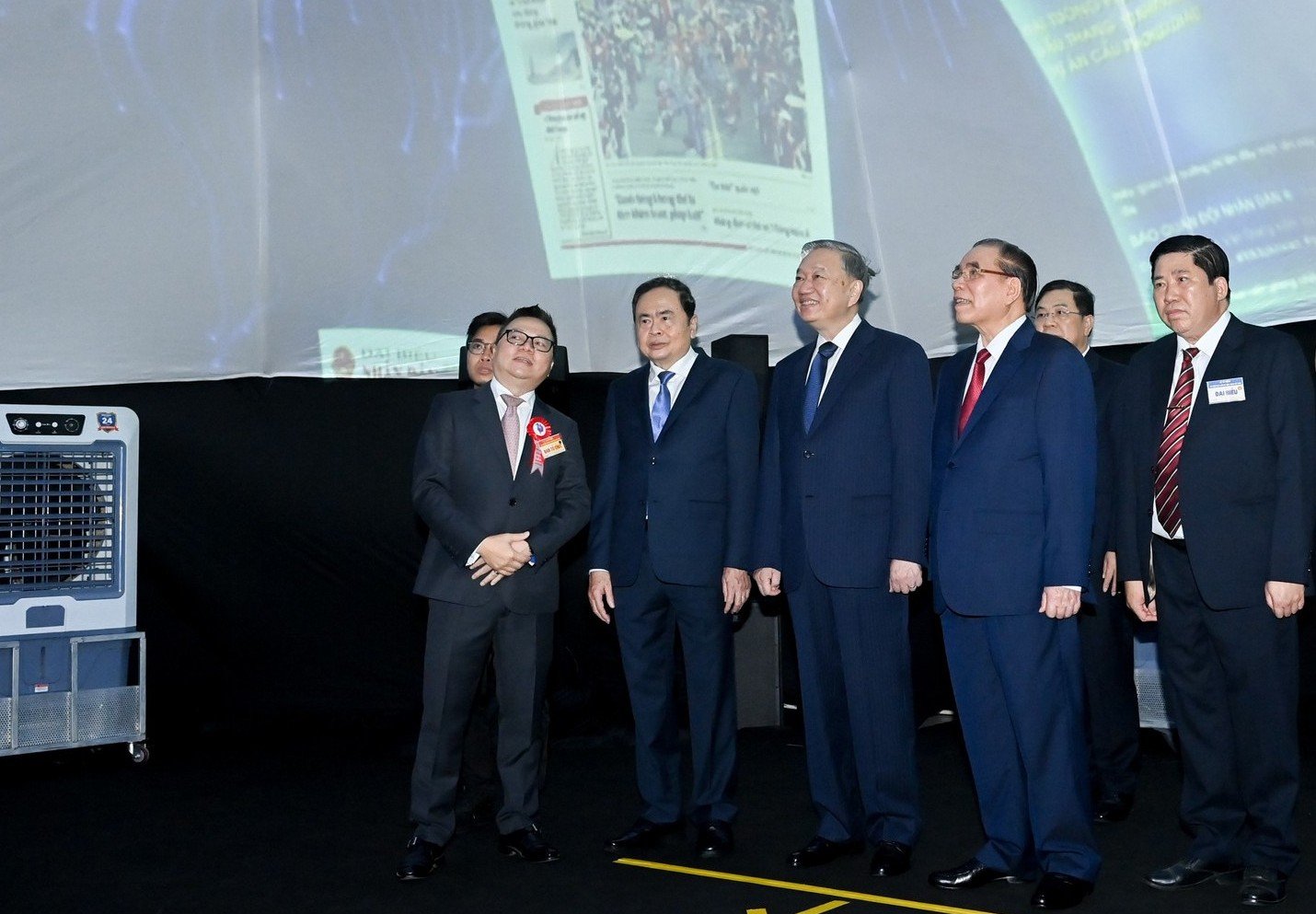
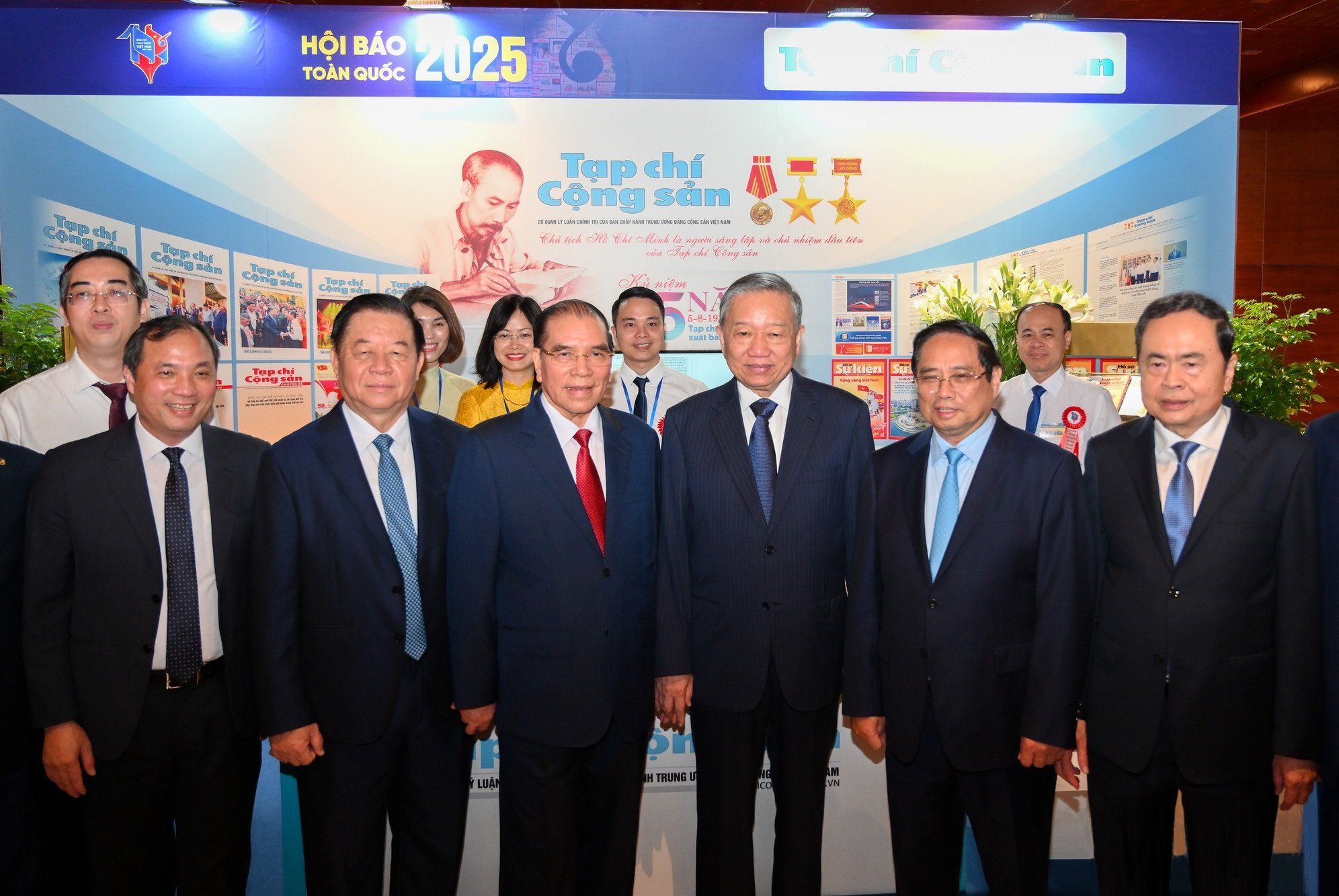
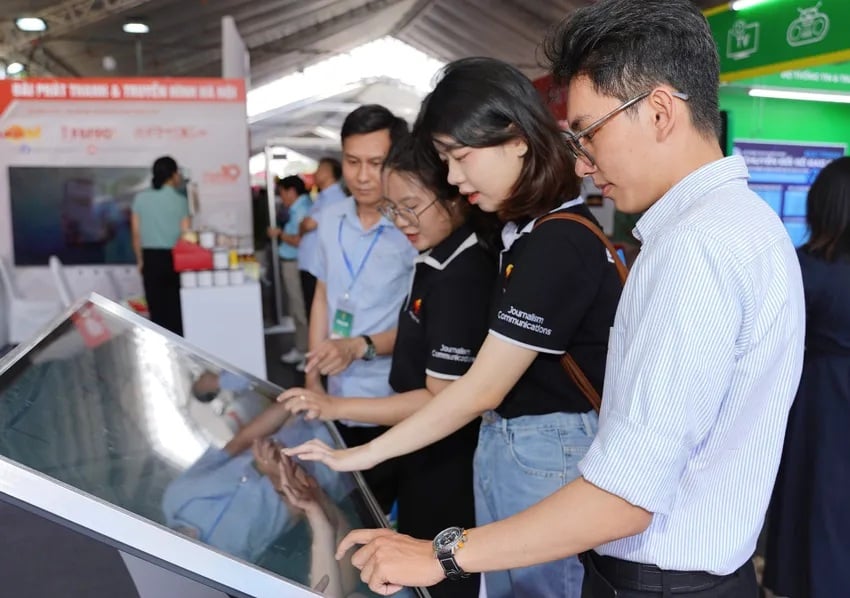
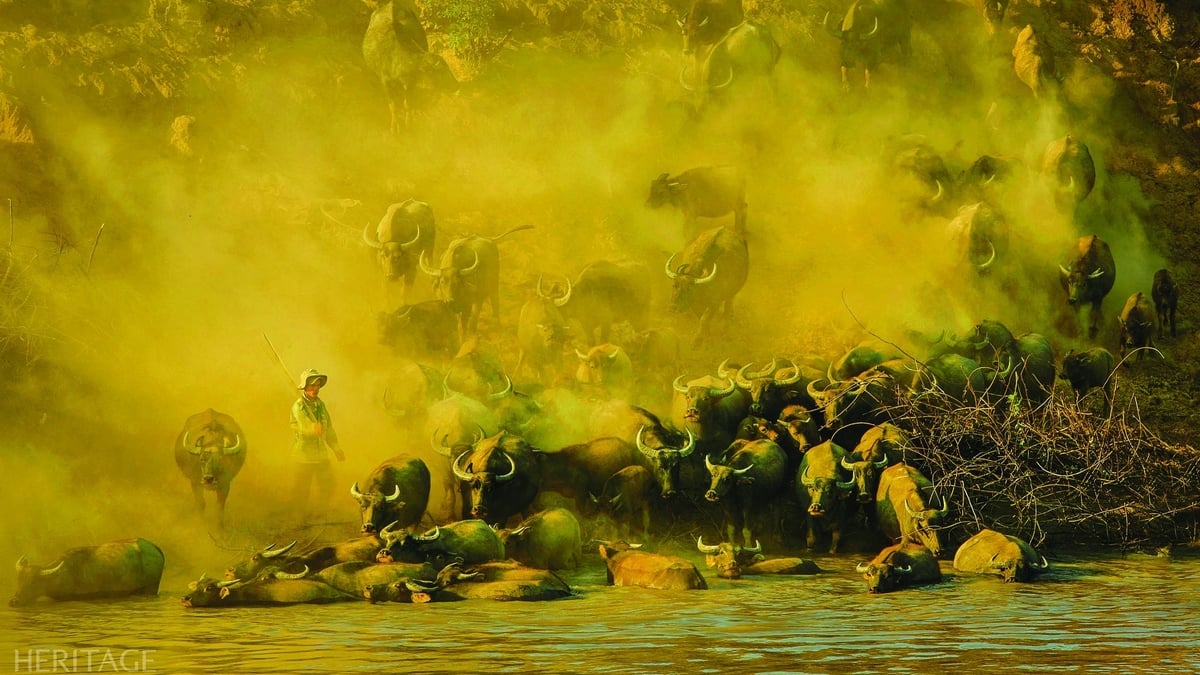


![[Photo] The 9th Party Congress of the National Political Publishing House Truth](https://vphoto.vietnam.vn/thumb/1200x675/vietnam/resource/IMAGE/2025/6/24/ade0561f18954dd1a6a491bdadfa84f1)
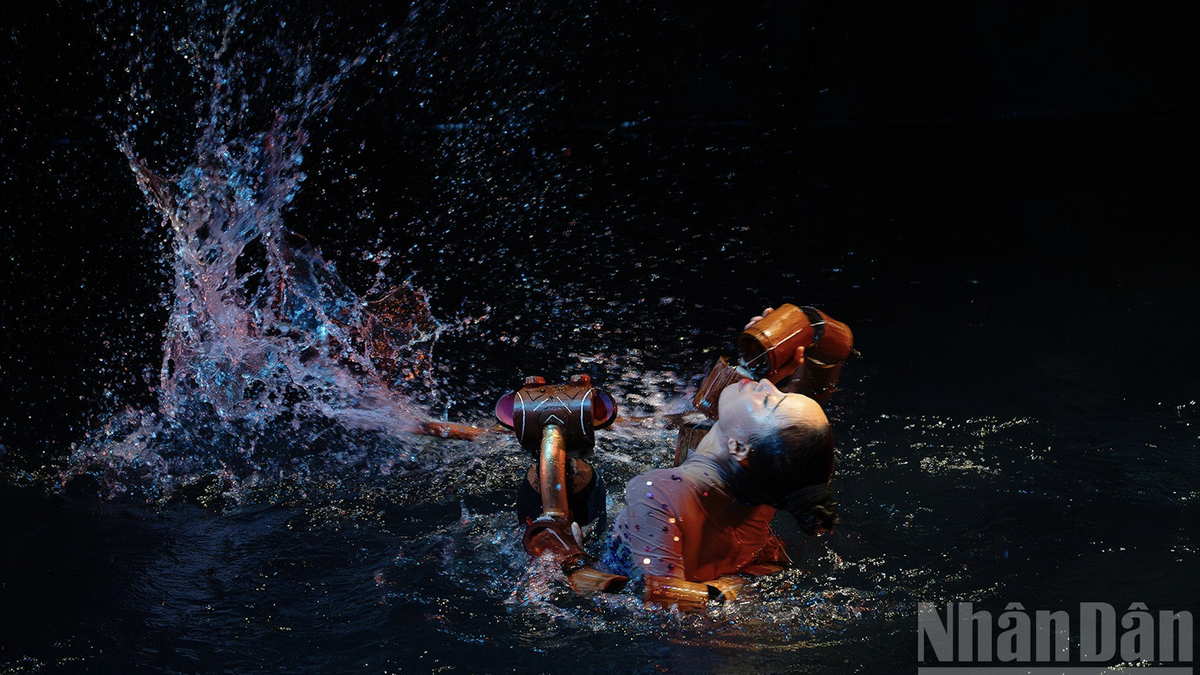

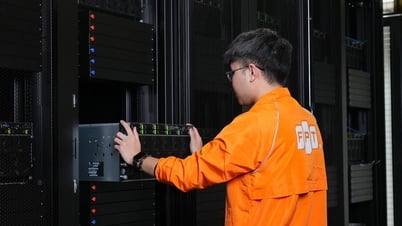


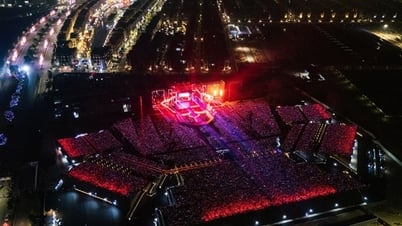

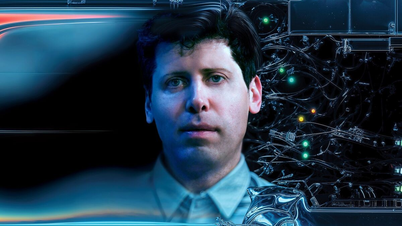
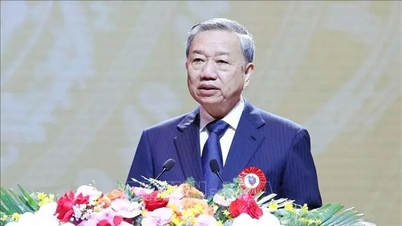


![[Photo] Prime Minister Pham Minh Chinh attends the Vietnam-China Business Connection Forum](https://vphoto.vietnam.vn/thumb/402x226/vietnam/resource/IMAGE/2025/6/24/f8e4b8223ab64fa0a1fe8ee58a36b57a)

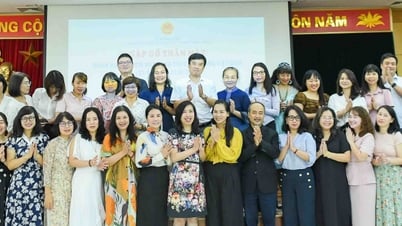



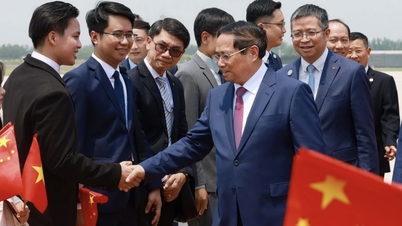

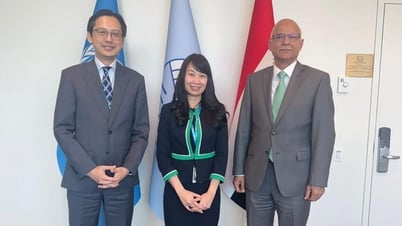
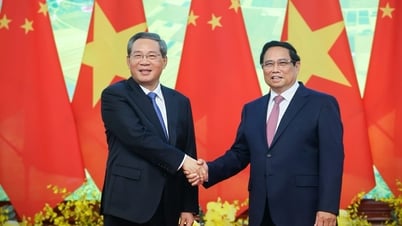




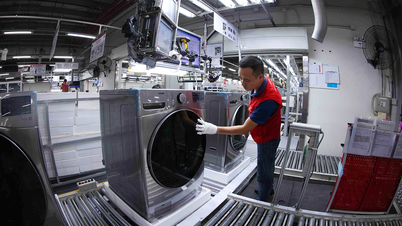
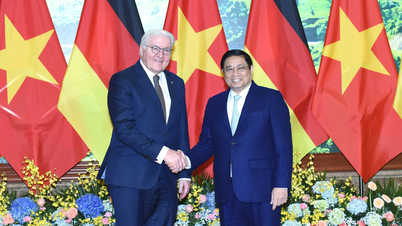

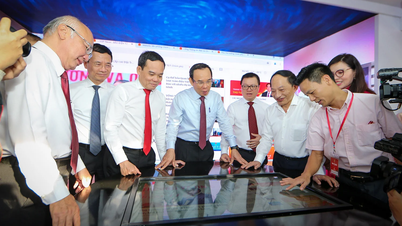
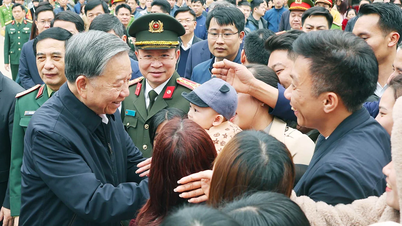
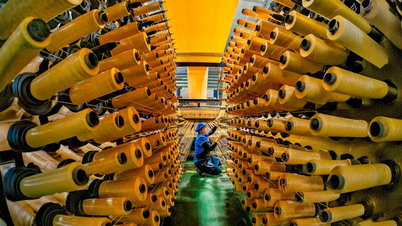
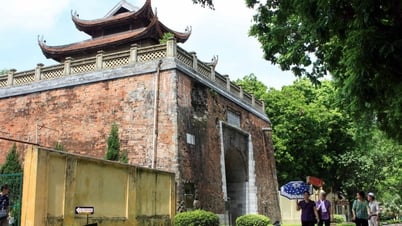
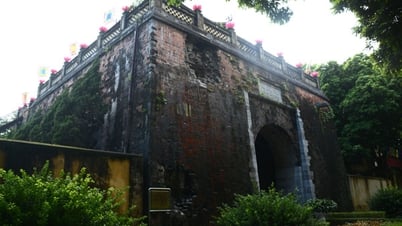













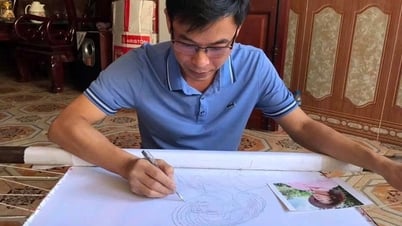



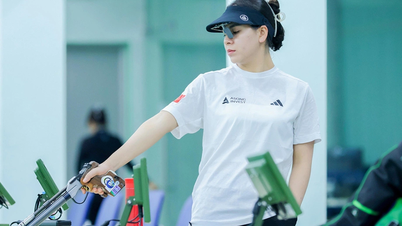

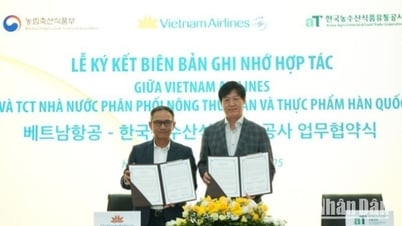
















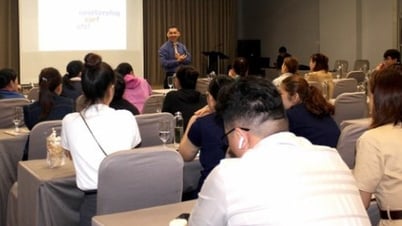

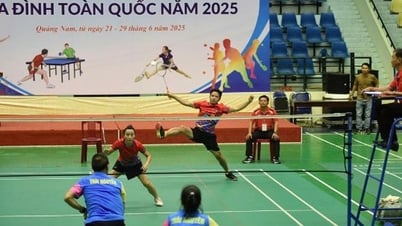
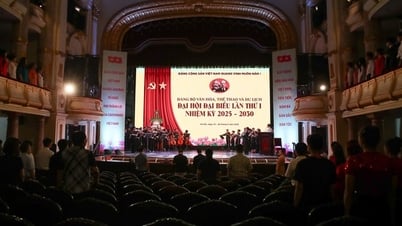
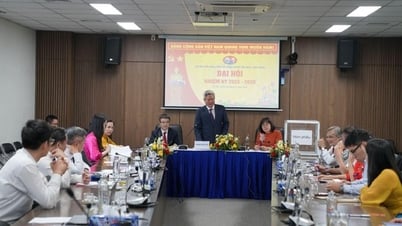

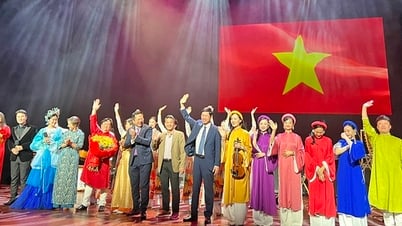
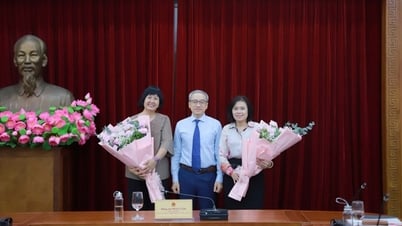


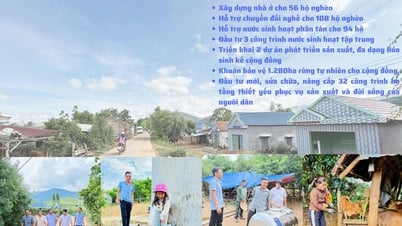



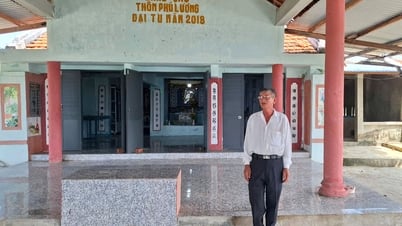
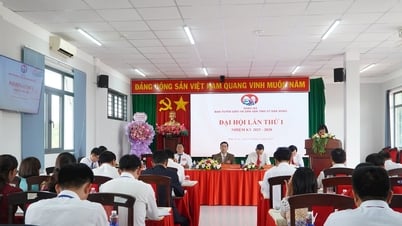
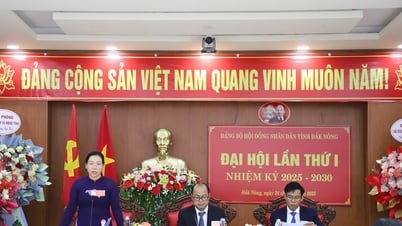













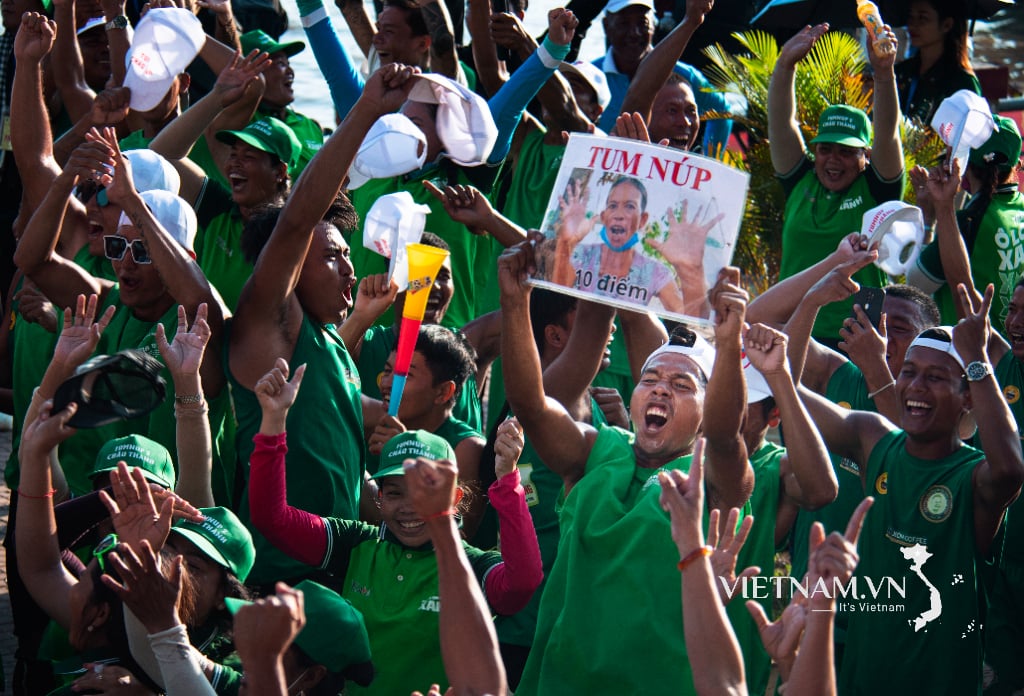


Comment (0)